Best Hospital
We Introduce Best Hospital for IVF With Donor Egg Timeline
Best Doctors
We Introduce Best Doctors for IVF With Donor Egg Timeline
Best Price
We Try to introduce best Services with Regular Price
Why choose Iran for IVF With Donor Egg Timeline?
• Low costs
• Board licensed surgeons
• Quality health care
• Less waiting time
• Accredited hospital
• Personal service
• Language capability
• Ease of medical visa
• Treatment with advanced technology
• Strong presence in advanced healthcare e.g. Transplantation - high success rate in the operation.
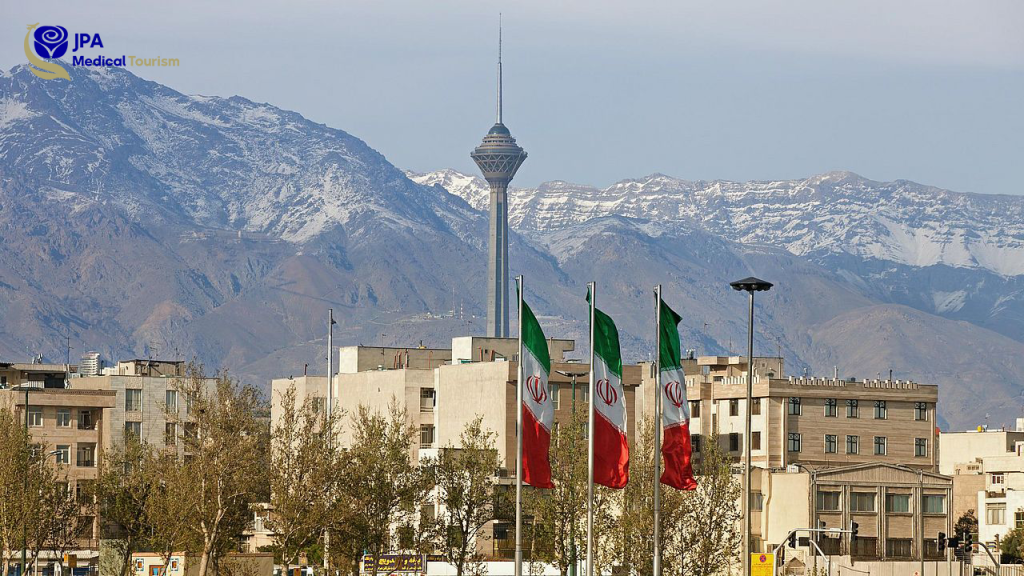
Active clinics for international patients:
Shahid Dastani Clinic, Hematology, Oncology and Stem Cell Transplant Clinic, Nuclear Medicine Clinic and Special Clinic.
Clinics: urology, nephrology, lung, general surgery, endocrinology, gastroenterology, gynecology, midwifery, perinatal, infertility, maxillofacial surgery, genetics, dermatology, orthopedics, neurosurgery, heart, heart surgery, vascular surgery, neurology, rheumatology, ear and Otorhinolaryngology, dentistry, infectious, speech therapy, pain, nutrition and diet therapy, anesthesia, celiac disease, liver cirrhosis, Behcet, eye, psychiatry, men’s health
Paraclinical departments: clinical laboratory, pathology, imaging and pharmacy
Clinics: EMG-EEG, bronchoscopy, spirometry, bone densitometry, nuclear medicine, dialysis, physiotherapy, endoscopy, echocardiography, exercise test, pain control, rehabilitation and sports medicine.
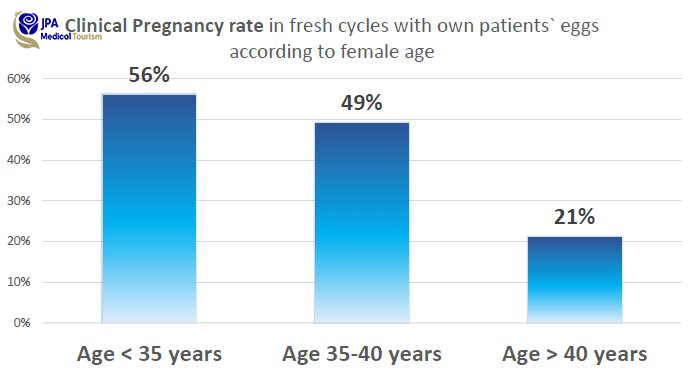
ivf with donor eggs over 40
donor egg ivf cost
Egg donation is a treatment for fertility method for women whose eggs are not the sufficient quality to be fertilized due to factors such as Uterine and ovarian problems or old age. some intended parents will continue on the conventional path of IVF and some of them will need to supplement their IVF cycle with additional services for one reason or another. Some of the more common structure where an egg donor may be preferred or even required include:
- Women whose ovaries have a low chance of responding to fertility medication (decreased ovarian reserve) due to premature menopause, increased age, past exposure to chemotherapy medications, or for unexplained reasons.
- Women over age 40 or 45 who still have eggs that can be retrieved from their ovaries but have a high chance of a having chromosomally abnormal embryos due to the age of their eggs. Embryos can be tested for chromosomal abnormalities by PGT-A (preimplantation genetic testing for aneuploidy). However, if all of the embryos are abnormal such that there are no chromosomally normal embryos for transfer, a woman may choose egg donation rather than continue to proceed with successive cycles of IVF using her own eggs.
- Women who are carriers of a severe genetic disease in such a way that either they themselves or close people in their family or relatives have a specific genetic disease or abnormality, which is likely to be passed on to their biological children.
- Men who do not have a female partner who wish to have a genetically related child. The man’s sperm would be used to fertilize donor eggs, and a resulting embryo or embryos would be placed into the uterus of a gestational surrogate, who would carry and deliver the child for them.
Once you have decided on what type of path you prefer or require for your particular journey, Iranian Surgery can help you better understand what to anticipate for a timeline. The following section will provide an overview of a common IVF with donor egg timeline.

IVF with egg donation at 45 years old
Many women think that they are fertile as long as they still have periods. While some women continue to have regular cycles well into their 50s, the number of eggs remaining in the ovaries declines sharply with age. It starts before menopause. In fact, a woman has lost about 90% of her eggs by the age of 30!
Egg donation in Iran
Sperm donation in Iran
Egg and sperm donation is a process in which couples have to find a person who is a sperm or egg donor, who, by contacting a sperm or egg storage bank or an IVF center, can use the egg and/or sperm donated by another person for fertilization. to have or have children.
Epigenetics and egg donation
For many women, men and couples, agreeing to use a donor egg can be a difficult choice. The main concern is that the donor woman is the biological mother and the child will look like her due to having the donor gene. However, you should know that thanks to epigenetics and, in fact, considering the living environment, the way of education, even the way of nutrition, etc., which can include many factors, the effect of this issue can be reduced.
Epigenetics is the field of science that studies how organisms change due to changes in gene expression, even if the genes themselves are not changed. For example, when the donor egg is placed in another woman’s uterus, her body can affect the genetic representation of the donor’s genetic code, and the greatest impact can be after the birth of the fetus, and with the change in lifestyle, changes in the expression of genes. and we will have a different mood in the end.
In other words, even if the child inherits the genetics of the biological mother, the birth mother can influence the genetic development of the baby. This means that the mother will be genetically linked to her child, even if the egg is from someone else as a donor.
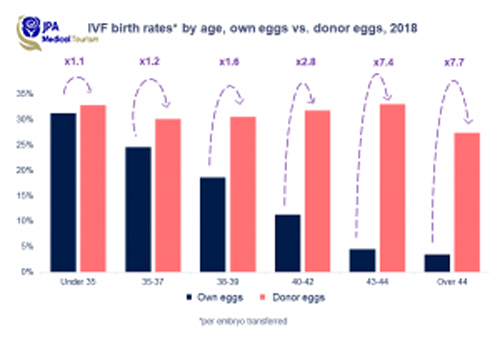
Conditions and qualification of egg donation
Only being a woman and having fertility is not a criterion for choosing an egg donor.
For egg donation:
You must be between 21 and 29 years old.
Your BMI should be between 19 and 29, as being overweight or underweight can affect egg quality.
You must be in perfect health.
Your menstrual cycle should be regular.
You must be a non-smoker for at least one year.
You must be STD free for at least one year.
Morally, it should be in perfect health, for example, you should not have any tattoos on your body.
To increase the chances of having a good egg that can be used to conceive a healthy child, it is necessary to have all the conditions.
Surrogate uterus and egg donation
Sometimes using a donor egg is enough to get pregnant, but some women (such as women with certain uterine diseases) may need to use a surrogate uterus and an egg donor. By doing this, the embryo is placed in the womb of the surrogate mother.
Cancer and egg donation
Although many accuse egg donation of causing cancer to the donors, you should know that there is no reason for this accusation yet. In fact, some recent studies and analyzes have found no link between egg donation and cervical cancer.
Other studies have shown that infertile women who do not seek treatment have a higher risk of developing ovarian cancer than women who have undergone IVF with egg donation. Also, the results showed that there is no relationship between fertility drugs and breast cancer.
On the other hand, due to the lack of studies on the long-term effect of egg donation on cancer, one cannot be 100% sure that there are no long-term risks of egg donation.
First, doctors inject the donor with hormone shots to induce ovulation so that she has multiple eggs, and then wait for the eggs to mature.
Once the eggs are ready, the doctor will schedule a time to retrieve them.
The donor is sedated and the doctor inserts an ultrasound needle into each follicle that has grown and matured to retrieve mature eggs.
Eggs can be frozen for later use, but it is best to fertilize them after retrieval to increase the chance of pregnancy.
After the eggs are retrieved, the donor stays in the clinic or hospital for a few hours and then goes home to recover and rest. The donor is given some antibiotics and asked to come back for a check-up after a week.
Egg donation timeline
Surgery or egg donation process includes several steps:
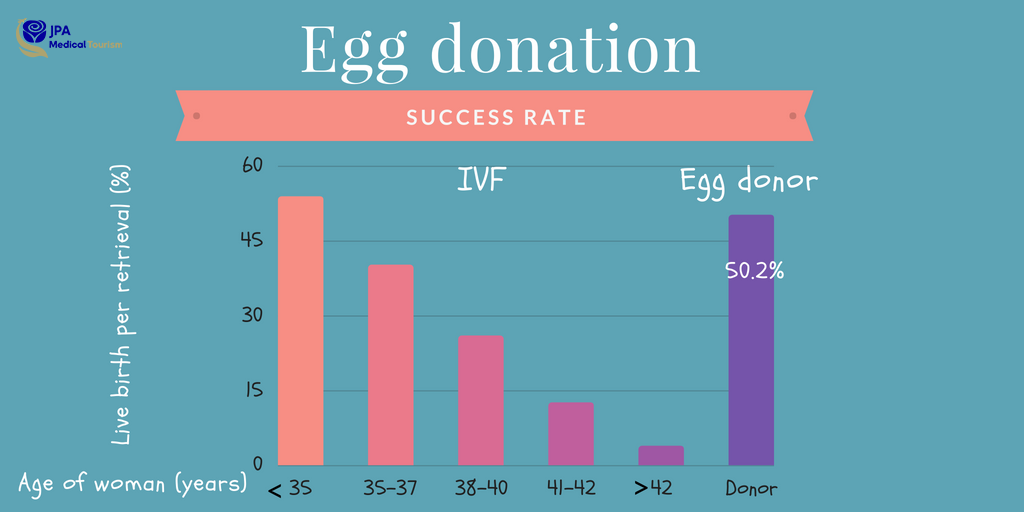
Matching: The fertility clinic will have several egg donors in their database with all the necessary information so that you can choose the right person to use their eggs.
Screening: This stage includes psychological tests, blood tests and genetic tests
Most people who are healthy have either 46 chromosomes or 23 chromosomes from their parents. To create an embryo, the egg must expel half of its chromosomes to make room for the sperm’s 23 chromosomes. An egg that discards 23 chromosomes is considered a quality egg, while an egg that discards any other number of chromosomes is considered a low-quality egg. (The terms egg and egg quality are used. )
If an egg discards more or less than 23 chromosomes, the next embryo will have the wrong number of chromosomes and usually cannot give birth to a physically and mentally healthy child. Pregnancy is still possible in some of these cases, but these chromosomal abnormalities often result in miscarriage, and only a small percentage survive to birth. The frequency of this chromosomal error can cause diseases and abnormalities that increase with age, and most of them are seen in women over 50 to 40 years old. By age 45, nearly 100 percent of ovulated eggs make this mistake, which is why egg donation is often recommended for women 45 and older.
Getting pregnant at the age of 40
For women in their 40s, getting pregnant with their own eggs can still be an option for fertility. This is because eggs in her monthly cycle can shed the right number of chromosomes, meaning that even women nearing the end of their reproductive years can still produce a good quality egg. Fertility treatments, especially in vitro fertilization (IVF), increase the chances of a healthy birth by stimulating the growth of several eggs that are in the right conditions and inseminating and retrieving multiple embryos in the hope of finding an embryo derived from a good quality egg. .
In general, the overall birth rate per embryo transfer in women using IVF in their early 40s is approximately 20 to 35 percent. However, a method called pre-implantation genetic screening (PGS) allows the detection and transfer of chromosomally normal embryos, increasing the birth rate to over 65% per embryo transfer. PGS technology is more than 95% and even more accurate, and the only way to know if the formed egg cell was the result of quality fertilization or not, is to use this technique.
ivf with donor eggs over 40
Pregnant at 45 with her own eggs
While IVF and PGS technology can dramatically increase a woman’s chances of becoming pregnant later in life, there comes a time when a woman’s eggs are not of the required quality and are no longer viable. Although there are exceptions, using your own eggs for IVF by women over 45 is unlikely to be viable for fertilization and, in short, successful. This means that the chances of a 45-year-old woman getting pregnant with her own eggs are very low. Fortunately, this does not necessarily mean that a woman is unable to carry a child. The uterus does not age as well as a woman’s eggs, and many fit and healthy women can carry a baby into their 50s or even older using donor eggs. If you’re trying to get pregnant in your 40s or 50s, we can evaluate both your uterus and your remaining egg count to determine options and the best course of action.
Getting pregnant at the age of 50 in women
Although getting pregnant in your 50s with a donor egg and ending a pregnancy in your early 50s is still an option for pregnancy, surrogacy is the next method that many women in their 50s are using to have a baby. they do. Traditional surrogacy is a process in which a woman both provides the egg and carries the pregnancy for another party. Nowadays, surrogate pregnancy is performed with a lower percentage of errors.
During pregnancy, a carrier holds an embryo without giving any genetic material to the child. Surrogates are usually healthy women in their late 20s or early 30s who have given birth successfully and present without obstetric or other medical problems. In surrogacy using donor eggs, the age of the egg donor determines the chance of success – not the age of the mother. Because of this, surrogates usually do not affect the chances of pregnancy and birth.
As discussed, the intrauterine environment likely plays a role in fetal development and childhood health. There is now strong evidence that mothers who live with good eating habits and minimal stress have a positive effect on their babies’ brain development and metabolic health. Our surrogates are thoroughly screened and interviewed to ensure they are physically, mentally and emotionally healthy enough to be a surrogate. Whether a woman is carrying an embryo created from her own egg, using a donor egg or using a surrogate, preconception planning and proper attention to health during pregnancy are critical to fetal development and early childhood.
How much does egg donation cost in Iran?
In general, all fertility treatment methods in Iran, like other treatments, are cost-effective compared to other countries. Egg donation is a procedure done through IVF. This is an almost expensive method compared to other treatments and its price depends on many factors.
Aram World Health Tourism Team, in addition to free services such as accommodation, translator from the moment of arrival in Iran, health insurance, 24-hour support, etc., has specialized and sub-specialized inpatient departments, special departments, clinics, departments Paraclinics and clinics are well equipped to provide quality and special services for respected patients.
Specialized and sub-specialized departments of the center: operating room, orthopedic surgery, general surgery, rheumatology, neurology, endocrinology, digestion, blood and hematology, bone marrow transplantation, gynecology and obstetrics, neonates, infertility, neurosurgery, cardiology, surgery Cardiology, nephrology, urology, kidney transplant, maxillofacial surgery, diabetic foot department, lip kit, emergency and hope departments.
Special departments of ICU: Emergency – General ICU – Neurosurgery ICU – Internal ICU – Open heart surgery ICU – NICU – CCU – Lab kit.
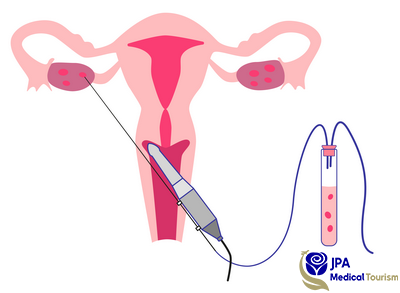
Contract party with child-friendly medical centers
- The first successful heart transplant center in Iran
- The first bone marrow transplant center in Iran
- The first kidney transplant center in Tehran
- The first center to perform CT Scan in Iran
- The first center for video capsule endoscopy in Iran
- Referral center in the treatment of blood and oncology diseases and the treatment of blood cancers with bone marrow transplantation
- A reputable center for fellowship training in bone marrow transplantation, hematology and oncology in the country
- Establishing non-relative stem cell bank (connected to world stem cell bank)
- Scientific pole of nuclear medicine of the country
- Cancer treatment referral center with radiopharmaceuticals
- The only training center approved by the International Atomic Energy Agency
- Iran nuclear medicine association center
- Center equipped to treat digestive and liver diseases
- The only center performing the POEM technique in the treatment of gastrointestinal diseases in the country
- Super-specialized center for the treatment of gastrointestinal problems, including advanced diagnostic and therapeutic ERCP, with the technique of combining two technical methods, “endoscopy” and “fluoroscopy”.
- One of the world’s most prestigious centers in the field of maxillofacial surgery and the use of 3D printers
- The only fetal laser surgery treatment center in the Middle East
- A reputable center in the treatment of female infertility and IVF in the country
- The scientific hub of rheumatology treatment in the country
- Specialized vascular angiography services in the treatment of diabetic foot
- Orthopedic subspecialty services (knee joint replacement, spinal correction surgeries for children in the country)

